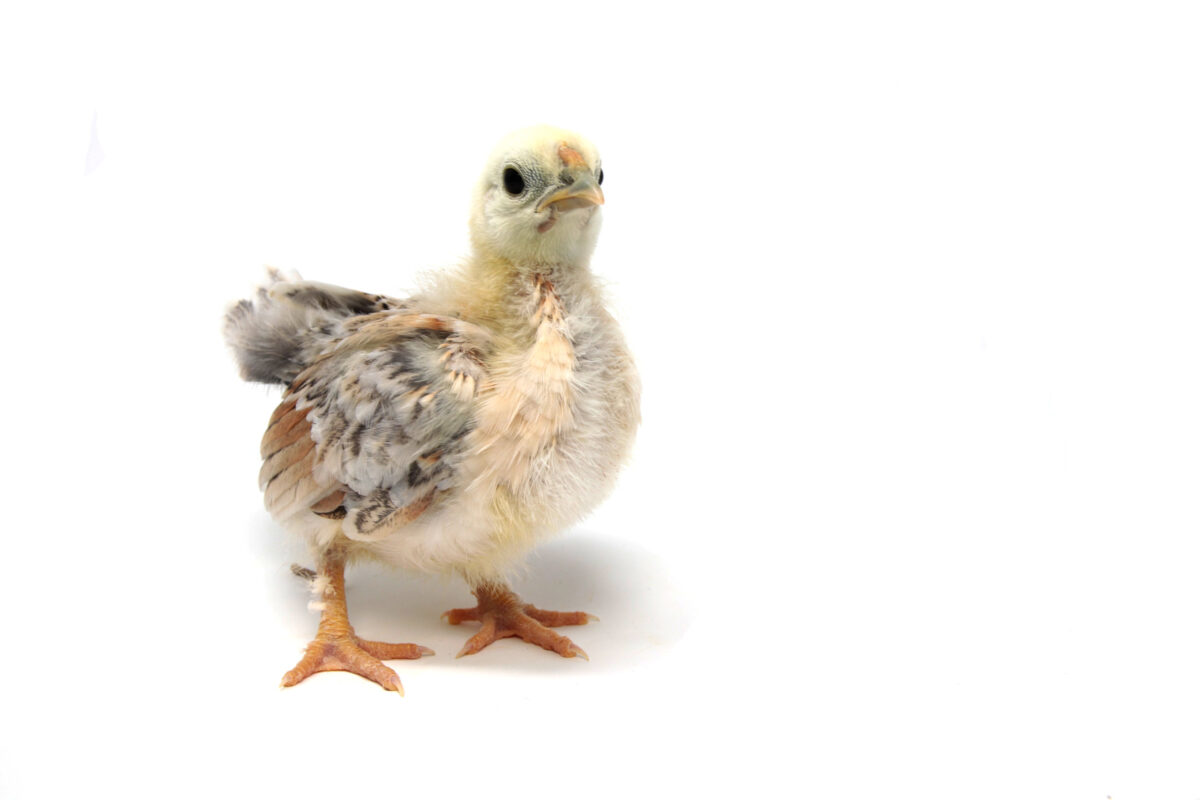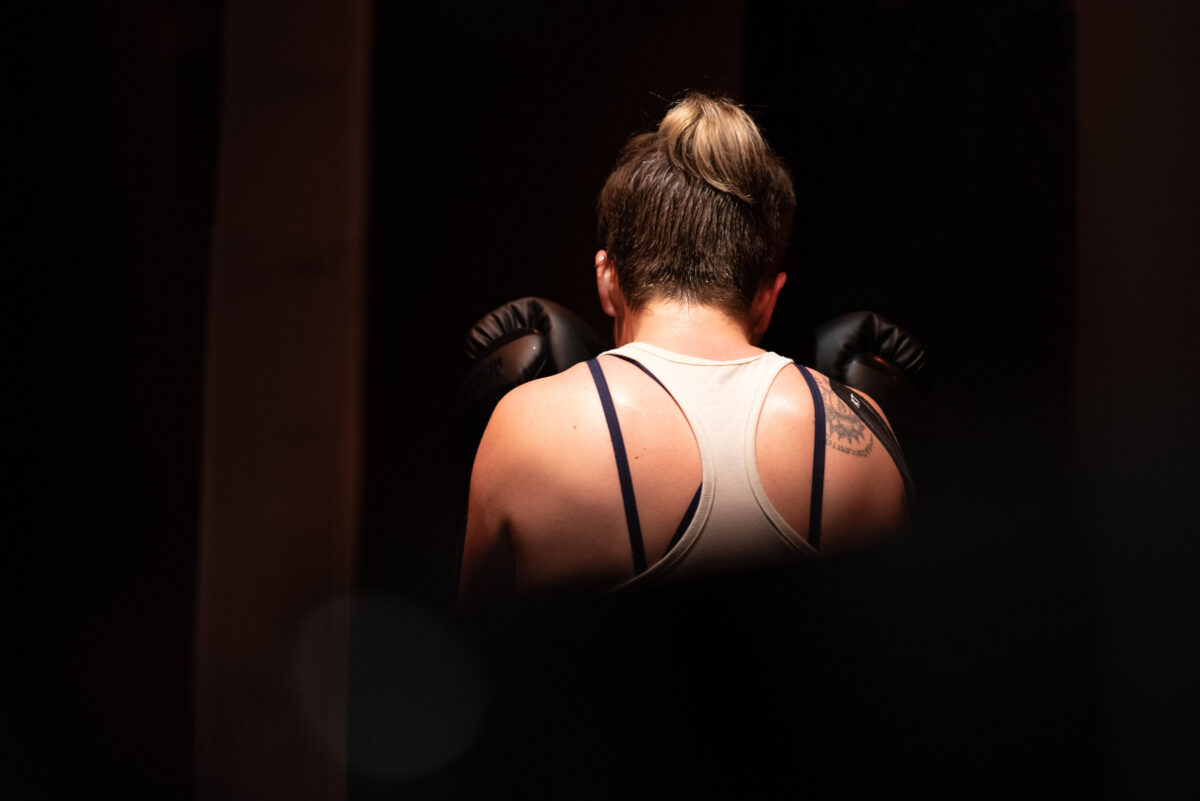This Weird, Freaky Bird
Here’s one of my favorite paradoxes, courtesy of Bruce Springsteen, from his 2012 SXSX Keynote Address:
Don’t take yourself too seriously, and take yourself as seriously as death itself. Don’t worry. Worry your ass off. Have ironclad confidence, but doubt – it keeps you awake and alert. Believe you are the baddest ass in town, and, you suck!
It keeps you honest. It keeps you honest. Be able to keep two completely contradictory ideas alive and well inside of your heart and head at all times. If it doesn’t drive you crazy, it will make you strong. And stay hard, stay hungry, and stay alive. And when you walk onstage on tonight to bring the noise, treat it like it’s all we have. And then remember, it’s only rock and roll.
Here’s a similar one from author Elizabeth Gilbert, taken from her book Big Magic.
…Art is absolutely meaningless. It is, however, also deeply meaningful.
That’s a paradox of course, but we’re all adults here, and I think we can handle it. I think we can all hold two mutually contradictory ideas at the same time without our heads exploding. So let’s give this one a try. The paradox that you need to comfortably inhabit, if you wish to live a contented life, goes something like this. “My creative expression must be the most important thing in the world to me (If I am to live artistically), and it also must not matter at all (if I am to live sanely)
Gilbert goes to on claim that we need the mental agility to leap between these two polar opposite in a matter of minutes.
So if I attack these paradoxes from a different angle, do we actually find balance? That seems more like an ideal, not quite a practical way of living. The equality of the paradoxical ideas is an illusion. We must accept the paradox, but then also accept that we will forever be sliding back and forth between these ideas.
I can’t freeze my mind the moment that It trips the threshold between the ideas. My mind is too fluid. Perhaps that’s a lie I’m telling myself. To slow my mind down, find the balance between contradictory ideas…that would probably earn me some genial applause from the zen masters.
In reality, when I find myself too far on one end of the spectrum, the other end beckons. It calls to me, either “Get serious” or “Relax!”, depending on where I find myself.
I frequently fumbled this balance as a leader. I always espoused to my band that our music was important, that we were part of Kansas City’s heritage, that we were bringing people together with the power of live music. I worshipped that god every night. I transformed our stage into an altar, and I sacrificed myself on it, again and again. I cared about every random customer that stumbled into our bar, rushing over to them in exultation.
This was really intense to be around, and it wasn’t easy to talk me down from this position. The only compromise I was willing to make was that we had to entertain these people. To be an effective professional entertainer is to step outside of yourself and take a seat in your own audience. You must observe how you appear to others.
So here we find that rack that I was mounted on for six years. I was a slave to the holy mistress of music, while also a professional entertainer. Was this a perfect balance?
Depends on your viewpoint of me at the time. If you were a patron, stumbling into our bar, looking for a good time, a good beer, or good company, then you probably saw a professional entertainer onstage. I loathed being self indulgent, and the interactive element of our platform allowed me to directly poll the audience for the kind of music they wanted.
However, if you were a fellow musician, in a band with me, then I was a fireball of passion, angst, and sacrifice. This was tough to take for long periods of time, anything more than a few minutes. These dogged professionals, their skin burned from my heat, have been thankful to be away from me during the pandemic. I might never recover them.
It runs counter to my narrative that the power of live music pulls us together. But we’re not talking about music now. We’re talking about egos (crowds love me!), sacrifice (extra rehearsal to get this bass-line right), determination (this isn’t good because we didn’t practice enough), and disappointment (we worked on that and the crowd didn’t care). The artist in me says that all of these things are necessary steps on a journey. The human side of me, my heart that values connection, is unsure what I gained from all that tension.
We’re so bad at saying goodbyes these days. Social Media allows us to stay connected forever; we’re perpetually presented with photos and videos of anybody, ranging an entire life span. There’s a distinct possibility that I’ll never see some of these musicians again, but the more I evaluate that, the more remote it seems. What’s lost forever is our context, not necessarily our bond. Live music is being reborn like a phoenix, and we don’t know what the plumage will be for this weird, freaky bird. We sure as hell watched it burn, though.
Now we see it again, so small and fragile, yipping around in the ashes of what it was.
This eternal, mythical phoenix is also a contradiction. It’s always dying, and it’s always being born, in a cycle. There’s a big burst of fire when the cycle starts over, but it’s death and birth at the same time.
Death and birth at the same time.




